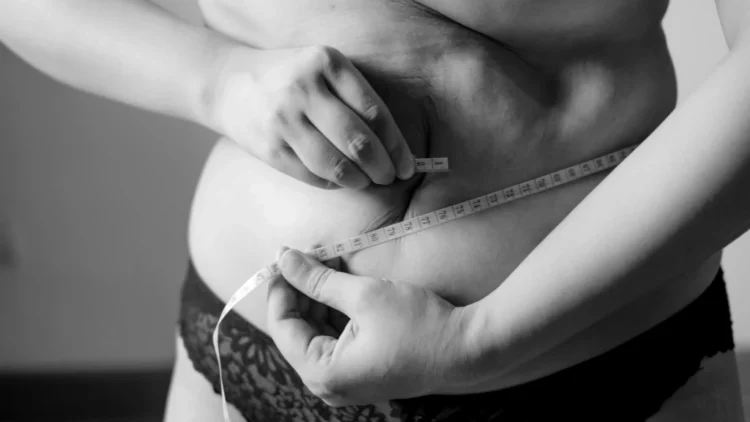When it comes to achieving significant and sustainable fat loss, the debate between the importance of diet versus training never seems to end. Both elements play crucial roles in the journey to losing body fat, but understanding their relative importance can help individuals tailor their strategies for maximum effectiveness. In this article, we’ll explore how diet and exercise contribute to fat loss and provide actionable insights on maximizing their benefits.
The Role of Diet in Fat Loss
Diet is the cornerstone of any successful fat loss program. Without proper nutrition, even the most intense workout regimens can fall short of producing the desired results. Here are some key reasons why diet is critical:
- Calorie Deficit: At the heart of fat loss is the concept of a calorie deficit. Consuming fewer calories than you expend creates an energy shortfall, forcing the body to tap into stored fat for fuel. This underscores the importance of monitoring calorie intake and adjusting dietary habits accordingly.
- Macronutrient Balance: Achieving the right balance of macronutrients—proteins, fats, and carbohydrates—supports metabolism and ensures that the body receives essential nutrients. High-protein diets, for example, can promote satiety and preserve lean body mass, which is vital during weight loss.
- Food Quality: The quality of food consumed greatly impacts fat loss. Whole, nutrient-dense foods, such as vegetables, lean proteins, whole grains, and healthy fats, are more filling and provide the body with vital nutrients compared to processed, high-sugar meals.
- Mindful Eating: Paying attention to hunger cues and eating intentionally can prevent overeating, which is a common roadblock to successful fat loss. Practicing mindful eating encourages a healthier relationship with food.
The Role of Training in Fat Loss
While diet is fundamental, incorporating a tailored training regimen amplifies fat loss efforts. Here’s how:
- Increased Calorie Burn: Physical activity, particularly cardiovascular exercises like running, cycling, and swimming, increases the number of calories burned, contributing directly to a calorie deficit.
- Preservation of Muscle Mass: Resistance training is essential for preserving lean muscle mass during weight loss. Muscle mass is metabolically active, meaning it burns more calories at rest than fat tissue, thus enhancing overall calorie expenditure.
- Improved Metabolic Flexibility: Regular exercise improves the body’s ability to use fat as fuel, especially during lower-intensity activities. This metabolic flexibility aids in sustaining fat loss over time.
- Mental and Physical Health Benefits: Exercise releases endorphins, which improve mood and motivation levels. Additionally, it enhances cardiovascular health, improving overall quality of life and adherence to a weight loss program.
Finding the Right Balance
The most effective approach to fat loss involves a synergy between diet and training. Achieving balance can be approached by following these tips:
- Personalized Nutrition Plans: Tailoring your diet to meet personal preferences and nutritional needs increases adherence. Consulting with a dietitian can provide customized guidance ensuring all dietary needs are met without excessive restriction.
- Progressive Exercise Routines: Implementing a structured exercise plan that includes both cardiovascular and resistance training ensures comprehensive physical activity. Gradually increasing intensity and variety prevents plateaus and keeps the body challenged.
- Monitor and Adapt: Regularly tracking progress through measurements, performance improvements, and self-assessments can guide necessary adjustments in diet and exercise, ensuring continuous progress.
- Consistency Over Perfection: Striving for a consistent approach rather than perfection helps in maintaining long-term habits. Occasional setbacks are natural, but persistence is key to achieving and sustaining fat loss.
The Verdict: Prioritizing Both for Long-Term Success
Ultimately, the question of whether diet or training is more important for fat loss doesn’t have a clear-cut answer. Both components are vital, and their effectiveness is maximized when they work together. A carefully managed caloric intake combined with regular physical activity creates a robust framework for fat loss success, enhancing both physical health and psychological well-being.
By committing to a balanced lifestyle that prioritizes nutrition and exercise, individuals lay down the foundation for not only achieving their fat loss goals but also maintaining them in the long run.










Discussion about this post